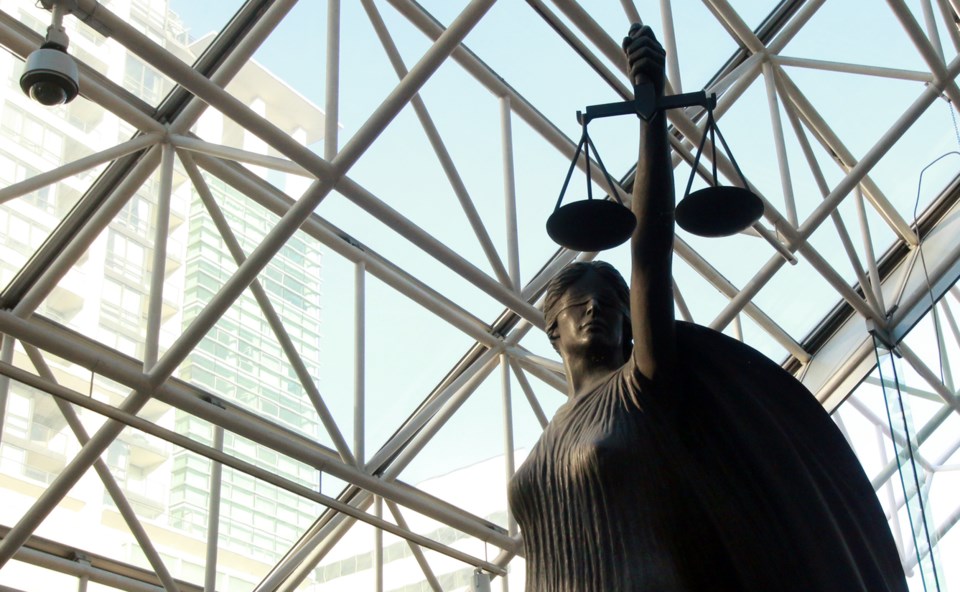A Victoria stock trader who was charged in connection with a $200-million US securities fraud has been ordered committed for extradition to the United States.
Colin Jeffrey Heatherington was taken into custody Monday following the ruling by B.C. Supreme Court Justice Michael Brundrett in a Vancouver courtroom. The next step in the extradition process is for the federal justice minister to decide whether to order Heatherington surrendered for extradition.
The accused was a stock trader at Absolute Capital Management Holdings Ltd. from 2004 to 2008, when numerous cross trades of penny-stock companies were made, attracting the attention of American securities regulators.
U.S. authorities allege that Heatherington and his co-conspirators at ACMH, a hedge-fund management company operating mainly from Palma de Mallorca in Spain, caused the hedge funds managed by ACMH to invest in penny stocks traded in the U.S. and elsewhere.
They claim that the accused manipulated the trading of the penny stocks to inflate or artificially prop up their prices to exaggerate the purported profitability of the hedge funds holding them.
While manipulating the trading of the penny stocks, the accused sold their personal holdings of the penny stocks to the hedge funds at the inflated prices, thus profiting from the manipulation of the stock prices, says the record of the case filed by the Attorney General of Canada on behalf of the U.S. authorities.
As a result of the fraud, the hedge funds lost at least $200 million US and the co-conspirators, including Heatherington, profited by at least $11.6 million, say the U.S. authorities.
At the extradition hearing, Heatherington disputed the inference that he intentionally manipulated the stock market or that anyone was intentionally deprived of their money.
He claimed that the U.S. authorities had cast too wide a net of generalized allegations in a bid to ensnare him.
Heatherington’s lawyer argued that his client played only a minor role in a complex scheme directed by others.
But in his ruling, the judge said that the fact that the evidence in the U.S. case could support an inference consistent with innocence is not sufficient to set aside a committal order for extradition.
“The test is whether a [reasonably instructed] jury could convict Mr. Heatherington, not whether it would convict him,” said the judge.
“The choice between competing inferences ultimately is the decision for the fact-finder at trial, not the extradition judge.”
Brundrett noted that there was some evidence that Heatherington had discretion in executing trades and observed that the nature of the scheme suggested it was designed to circumvent the free and fair operation of the stock market.
He noted, as well, that funds from another company that was co-owned by Heatherington were later used to purchase a home in Victoria for him for a total of $7.9 million and that Heatherington told his bosses that he wanted as few people as possible knowing about that company.
The judge concluded that a properly instructed jury could find that Heatherington’s conduct amounted to the “trade craft of a fraudster” involved with others in stock-market manipulation. Heatherington is entitled to seek bail and to file an appeal of the judge’s ruling.



